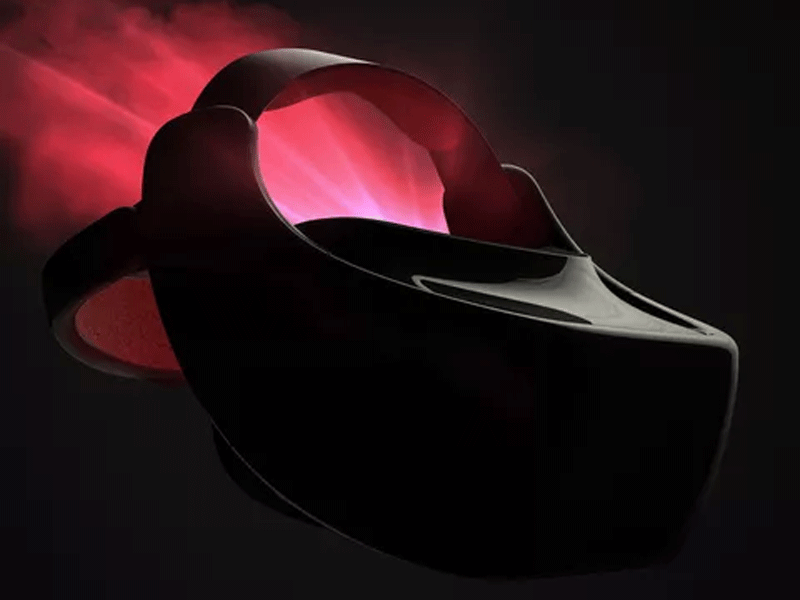 EMERGING TECH
EMERGING TECH
 EMERGING TECH
EMERGING TECH
 EMERGING TECH
EMERGING TECH
HTC Corp. revealed its first standalone virtual reality headset Thursday at the ChinaJoy entertainment expo in Shanghai.
The head-mounted display does not require a PC or a smartphone to run and will sell under the name HTC Standalone – but only to consumers in China.
The headset looks exactly the same as a standalone version announced by HTC during the Google I/O developer conference in May for U.S. audiences. However, according to TechCrunch, that headset would build on Google Inc.’s WorldSense tracking technology while the China-based headset would be built with Qualcomm’s Snapdragon VR tracking tech.
“China is the leading mobile market in the world today, and has the momentum to lead the global VR market as well,” Alvin Graylin, China regional president of Vive at HTC, said in a statement.
Graylin added that the partnership with Qualcomm would provide HTC the means to “deliver an easy to use and more affordable Vive VR system” and make VR widely accessible to audiences in China.
The current VR market for head mounted displays splits across two major types: those that are tethered to computers in order to deliver high-performance virtual reality, such as the Oculus Rift, HTC Vive and PlayStation VR, and mobile headsets that require high-end smartphones to act as their display, such as the Samsung Gear VR and Google Daydream.
Standalone VR headsets fall into a category between the two as mobile devices that carry their own embedded computer system and display, providing an all-in-one VR experience without the need for a PC or a smartphone.
Current tethered headsets sell at extremely high price points — HTC’s own Vive costs $800 – and still require high-end PC equipment to run. Although all-in-one VR devices would be much lower-performance in comparison, they would presumably be more affordable and thus open up VR to a broader audience.
This news follows reports of a standalone headset from Facebook Inc.’s Oculus VR division with a $200 price tag that would also use the Snapdragon chipset and leaks of standalone headset from Samsung Electronics Co. Ltd. called the Exynos III.
HTC is already inviting developers on board to register at its developer portal to receive invites and updates on events involving the platform. With only a few months left in the year, Chinese developers can probably expect a reference kit to ship extremely soon.
Support our mission to keep content open and free by engaging with theCUBE community. Join theCUBE’s Alumni Trust Network, where technology leaders connect, share intelligence and create opportunities.
Founded by tech visionaries John Furrier and Dave Vellante, SiliconANGLE Media has built a dynamic ecosystem of industry-leading digital media brands that reach 15+ million elite tech professionals. Our new proprietary theCUBE AI Video Cloud is breaking ground in audience interaction, leveraging theCUBEai.com neural network to help technology companies make data-driven decisions and stay at the forefront of industry conversations.